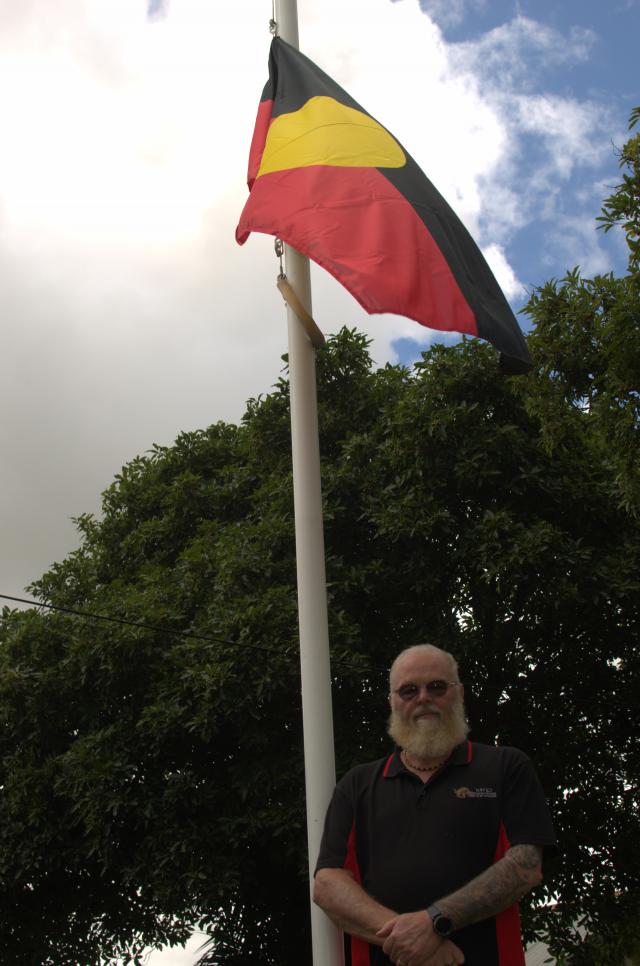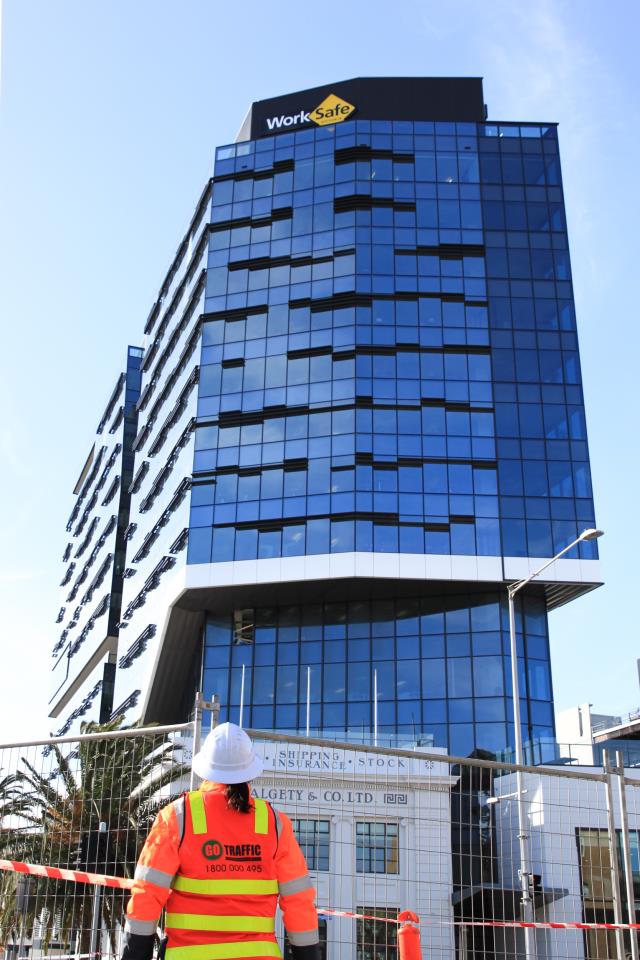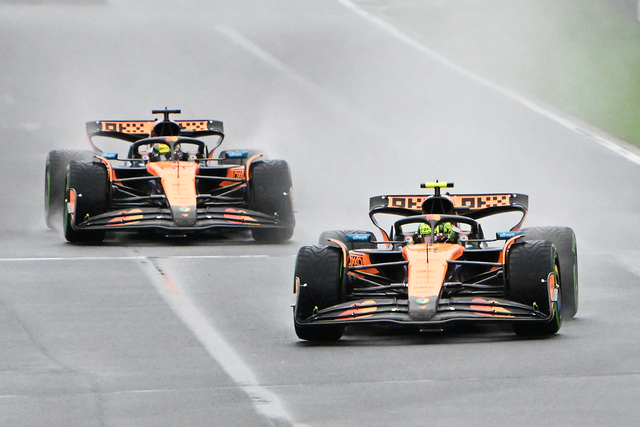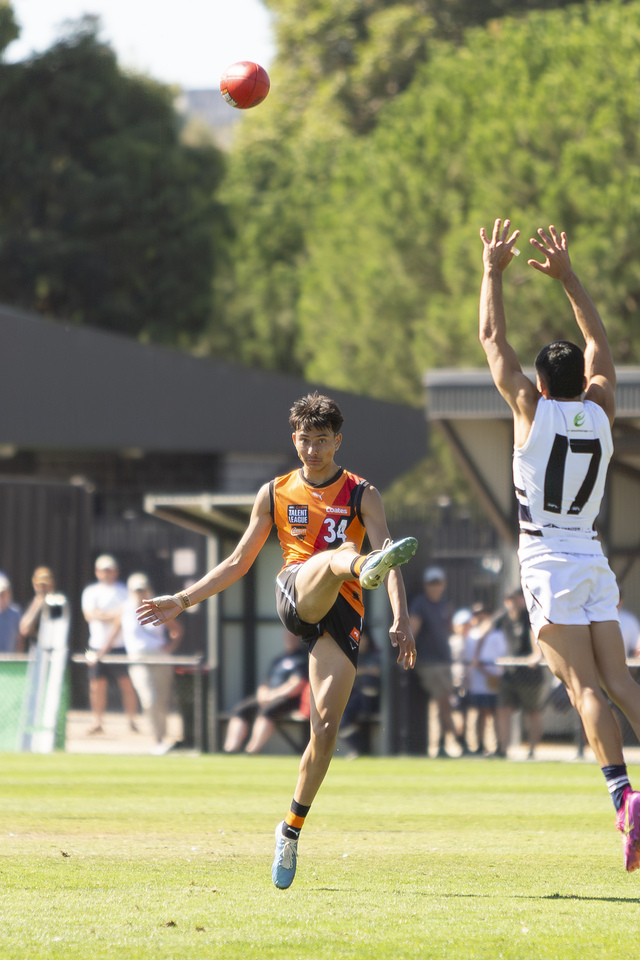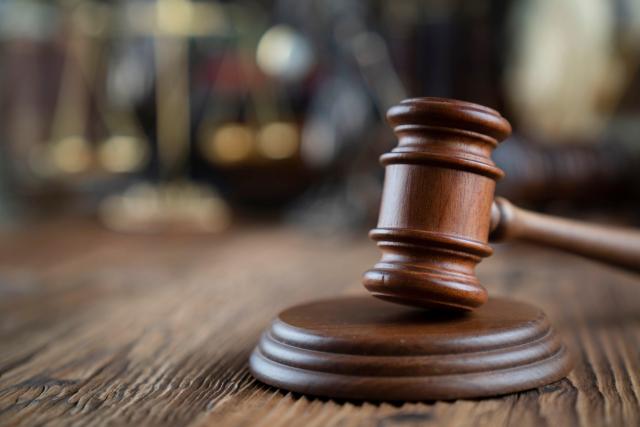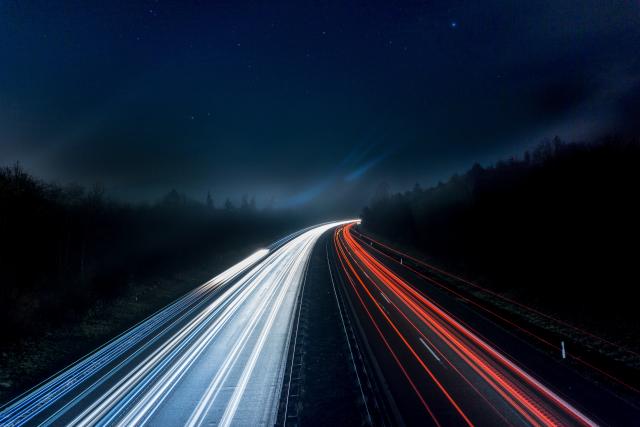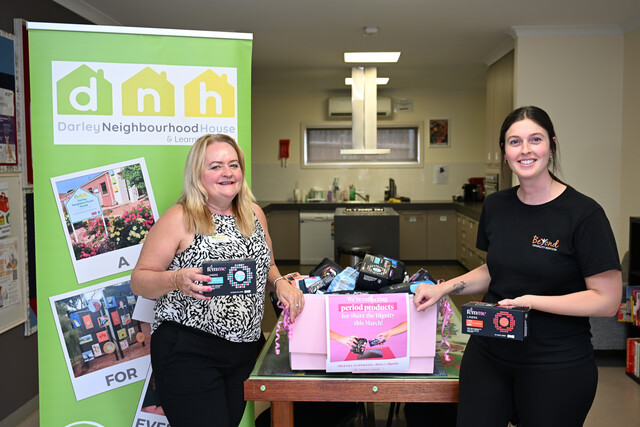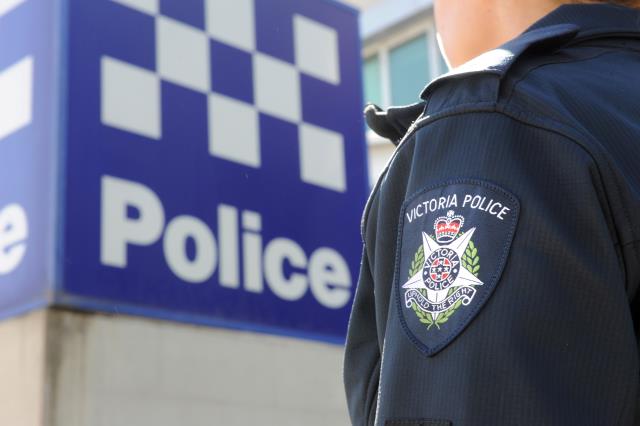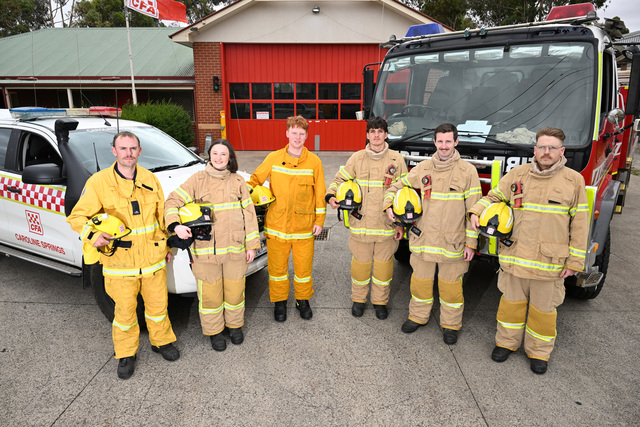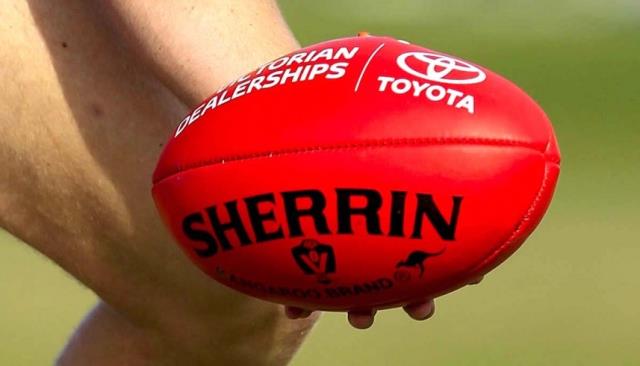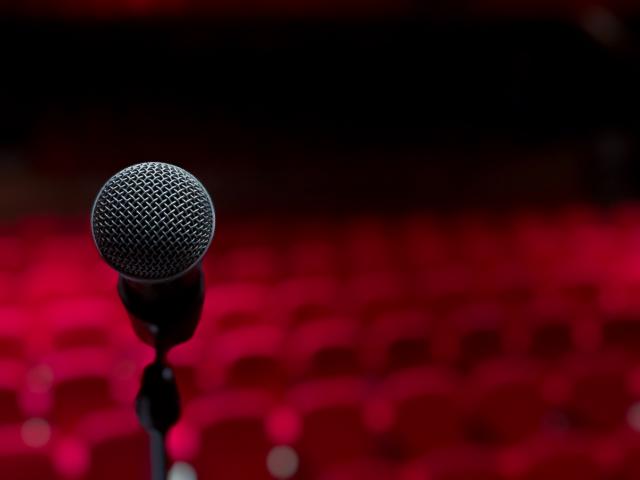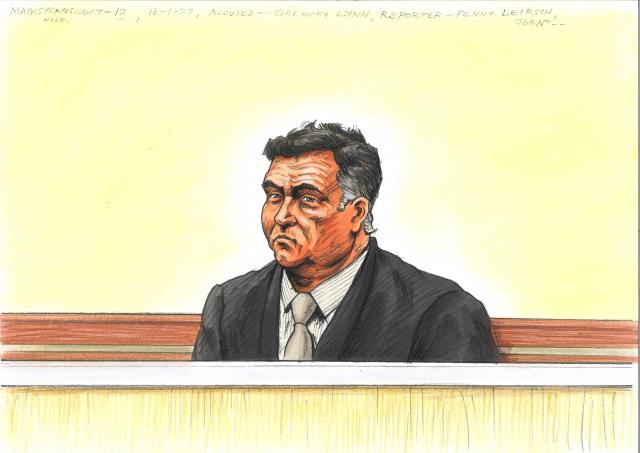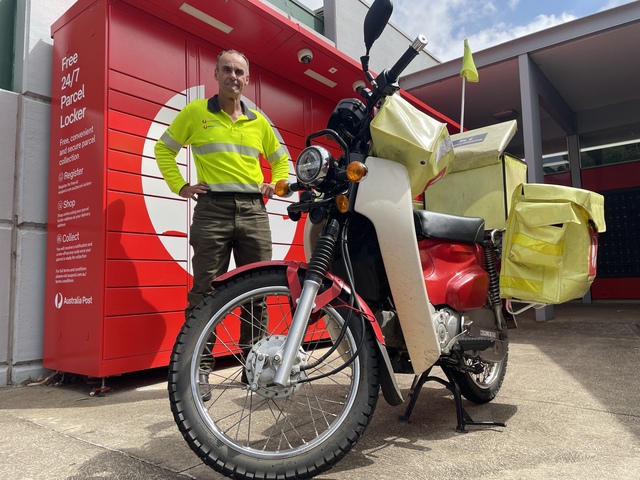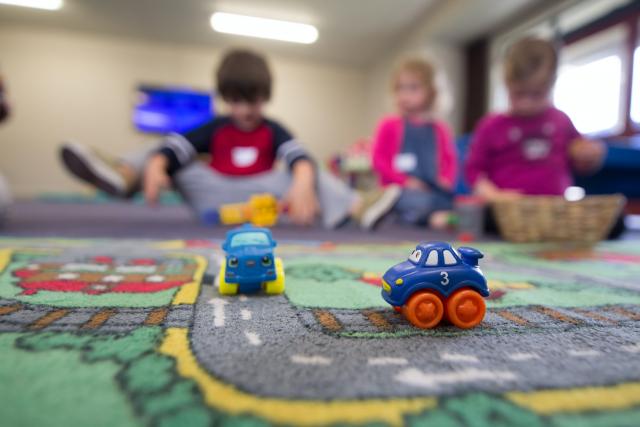The day the First Fleet arrived in Australia, January 26, 1788, is recognised as a public holiday in Australia, but for many it is a day of mourning that marks the beginning of the end of Aboriginal sovereignty, which had existed for at least 65,000 years prior.
To recognise this, Kirrip Aboriginal Corporation held a Survival Day Breakfast, billed as a place to go to “be connected to mob… while we mourn and remember our ancestors who can only be here in spirit”.
About 70 people gathered including Aboriginal and general community members and Melton MP Steve McGhie.
The day included a barbeque, smoking ceremony, an Aboriginal flag raising a speech from Kirrip Deputy Chair Lucy Webster.
Kirrip chief executive Peter Webster said it was an “amazing” turnout, however, he also described a year of setbacks for his community, with the referendum result and threats he said the “No” vote resulted in including funding cuts and an end to Treaty negotiations, as well as a lack of communication with local government.
“It’s really disappointing to see some of the feelings of people out there [in Australia] at the moment,” he said.
“At the moment everyones wondering around [Kirrip] having a talk and supporting each other because it is a difficult day.
It’s a significant date that needs to be changed because it’s not true reconciliation until we can get everyone in Australia to celebrate Australia at the same time, taking into account everyone’s feelings, not just a few.”
About 40 per cent of local councils have stopped holding citizenship ceremonies on January 26 after it stopped being a requirement last year.
Mr Webster expressed frustration at Melton and Moorabool going ahead with their events.
“I think it’s disappointing that councils aren’t more supportive of all their community,” he said.
“At the moment when you don’t at least have a conversation or acknowledge that it’s not recognised as a day for all Australians then you’re only meeting a portion of your community.
“We have the same council, doing the same things, and nothing’s changed.”
Despite this, Mr Webster said Victoria’s fastest growing aboriginal population isn’t going anywhere.
“We’re not going to go away, we’re here, and we’re going to keep talking and wanting a safe place where we can celebrate who we are,” he said.
“We are the oldest surviving culture in the world, and everybody should be proud of that.
“Something has to change, and it’s got to change from grass roots… it should be the voice of all community.”

